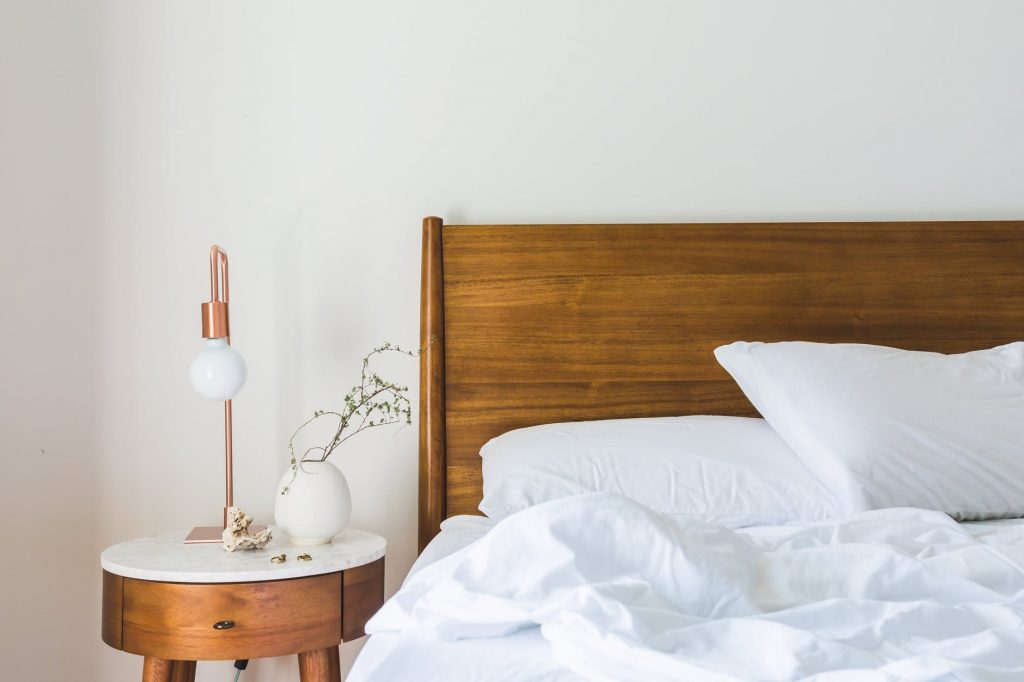3 Ways to Sleep Better to Prevent Alzheimer’s Disease

It is not news that getting a proper night’s sleep is beneficial for your brain health. Astoundingly, sleep deprivation increases the likelihood of Alzheimer’s disease through the activation of a protein associated with the disease.
Due to the obvious correlation between proper sleep and the prevention of Alzheimer’s, it is essential to practice good sleep habits. Here are three ways to improve sleep to reduce your risk of Alzheimer’s.
Maintain a Good Sleep Schedule
What time do you wake up and go to bed? Sticking to a proper sleep schedule is one of the best ways to improve your sleep. Irregular sleep patterns have been shown to lessen sleep quality.
Here are some essential steps to follow to increase the likelihood of falling asleep and waking up at similar times each day.
- Have an early dinner. Eating dinner early in the evening (around 6 or 7 pm) will make you feel ready to sleep. If you eat too close to bedtime, you may feel too full to lay down and fall asleep properly. Eating smaller meals in the evening may also help you fall asleep at your chosen evening time.
- Limit distractions from sleep. Before lying down to fall asleep, turn your phone on airplane mode and turn off the television. Limiting these types of distractions will help you fall asleep faster. A book, however, is an acceptable way to help you feel more tired and should not distract you from sleep. Keep a book near your bed and test if reading makes you feel more sleepy or more awake.
- Use an alarm at first. It is ok to use an alarm for a week or so while adjusting to your new sleep schedule. Setting an alarm will ensure that you wake up at your chosen morning time. However, be careful not to become reliant on an alarm. Alarms tend to interrupt important sleep cycles. It is best to wake up naturally. Eventually, you should be able to wake up at around the same time every morning without an alarm.
Limit Light Exposure in the evening

Image via Pexels
Being exposed to light in the evening hinders sleep quality. We are exposed to sleep-harming light through electronics such as smartphones and television. As mentioned before, aim not to use your smart devices and / or TV before bed. You can avoid using them for the entire evening if you are very serious about improving the quality of your sleep.
Even using regular house lights can lower melatonin production in the brain. Since melatonin is responsible for regulating your circadian rhythm, exposure to any form of light in the evening can prove to be problematic for good sleep.
Meditate Before Bed
Meditating before sleep is relaxing and will increase your chances of falling asleep faster.
Even a short meditation can benefit you. Aim to focus your attention on your breath. Try taking long deep breaths for about 10 minutes before bed. You can do this while sitting at your bedside.
The Road to Better Sleep and a Better Brain
Alzheimer’s disease is preventable through getting proper sleep, among other lifestyle choices. Someone who has not had good sleep habits for most of their life may eventually start showing the early signs of Alzheimer’s. Signs can include things like memory problems and confusion. If you or a loved one is experiencing such symptoms, an easy way to screen for Alzheimer’s and dementia at home is by using the BrainTest® app.
